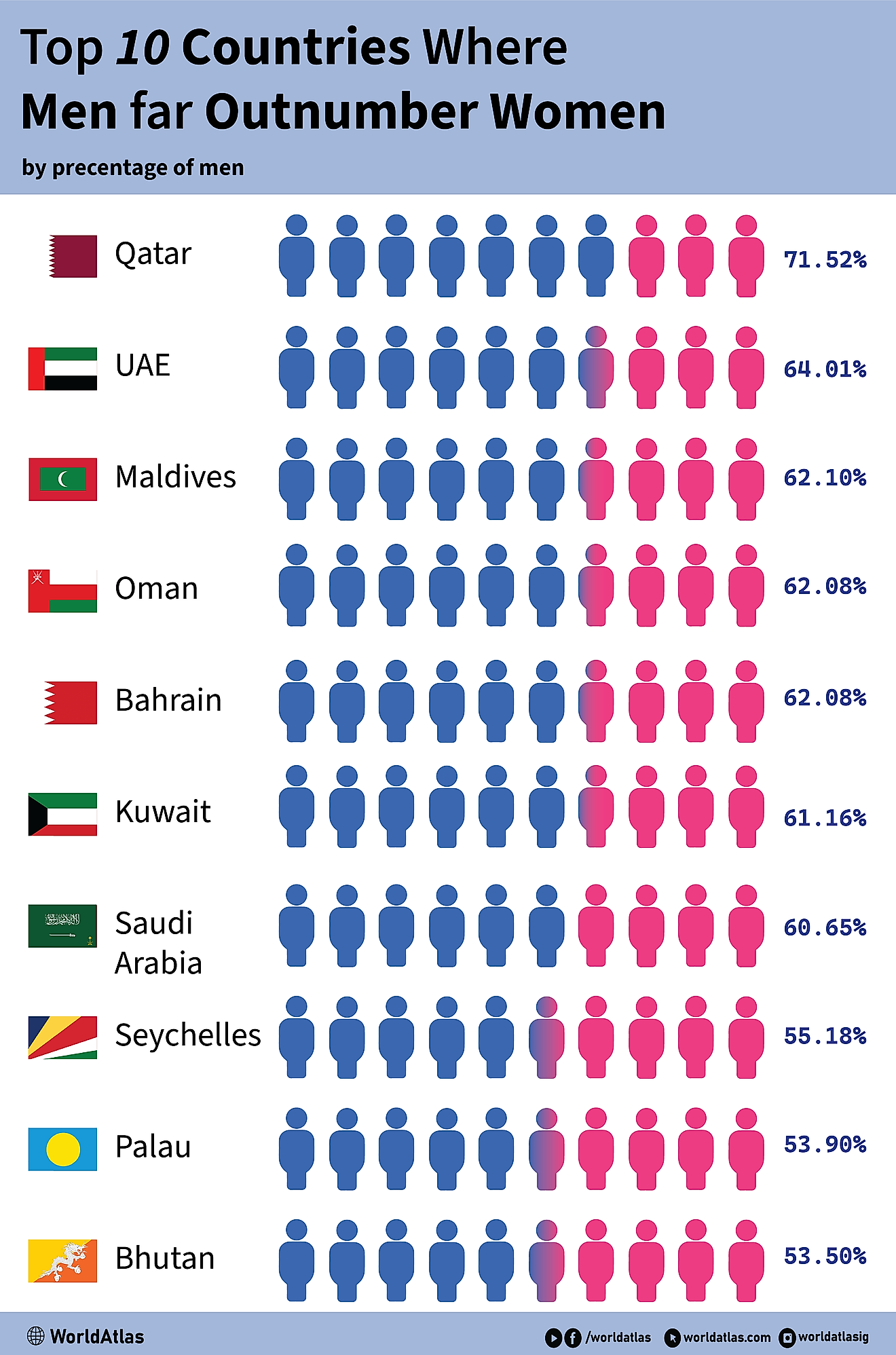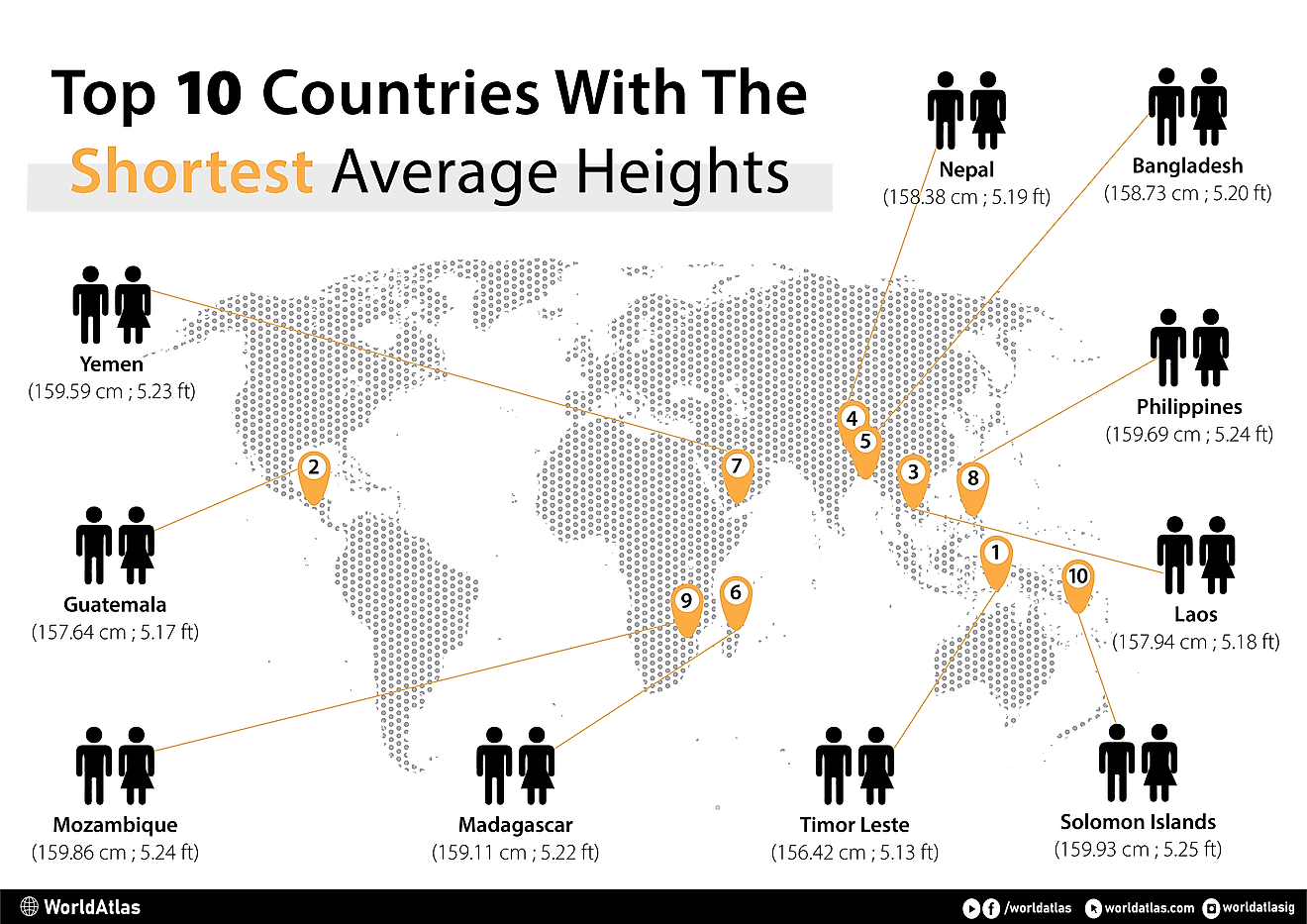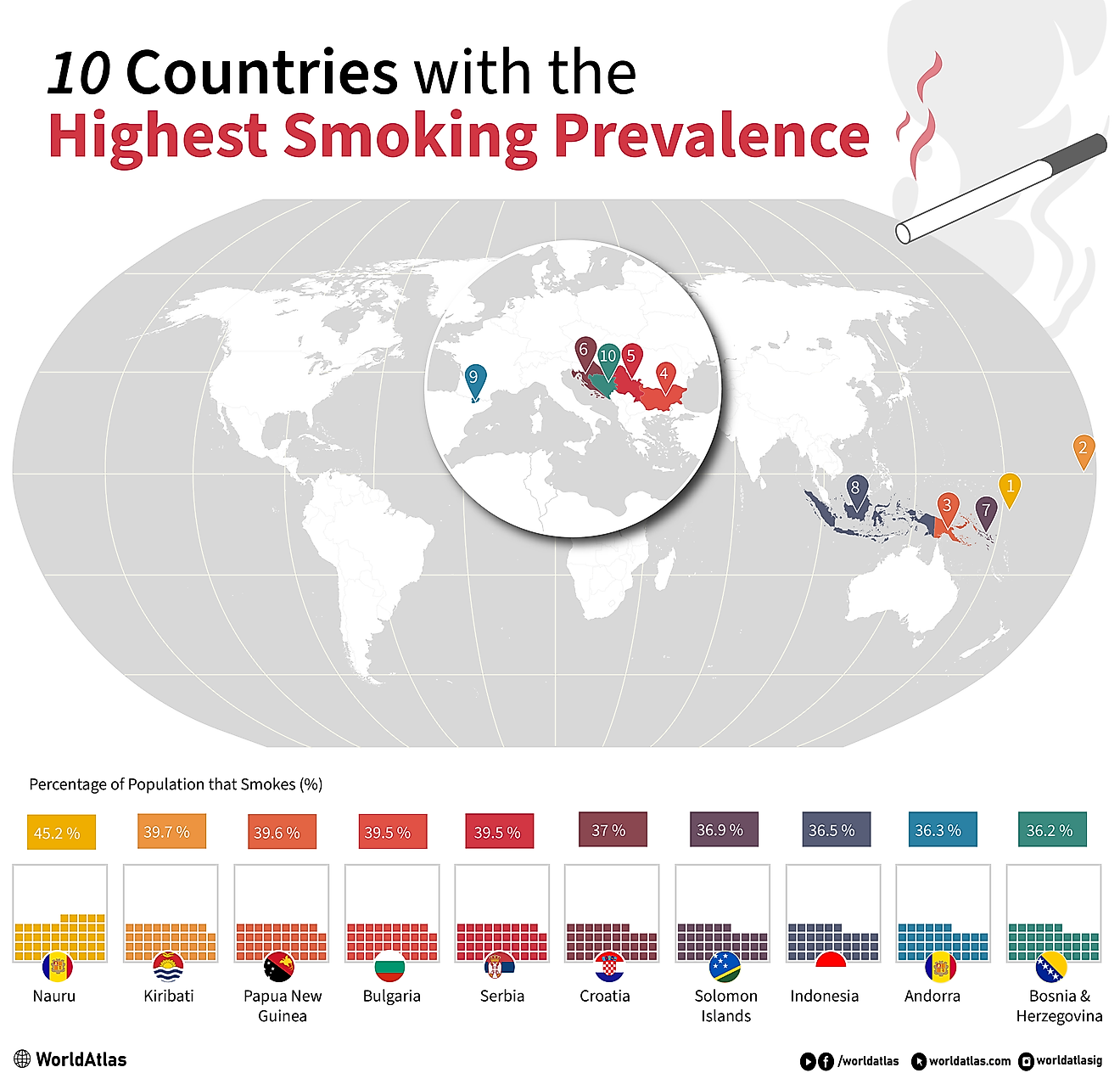What is Gemeinschaft?

Different authors have a different definition of the word gemeinschaft. Some say it is a group of individual with the same attitude and similar sentiments, characterized by a close personal relationship, a common sense of identity, and similar traditional sentimental concern. It is found in small social structures where human relationships are valued and that the welfare of a society is given attention to that of individuals. In these societies, the people have an instinct to serve others in the society hence they volunteer their time out of free will. This principle was conceptualized by Ferdinand Tonnies.
What are the Characteristics of Gemeinschaft?
The group of individual under this domain have strong personal relationships, there is a division of labor, and relatively simple basic social institutions such as villages and families. There is no need to enforce order since it exists based on natural law and members of the society are bounded by commonly beliefs and norms. These norms helped to regulate human conduct. Members of a society that had this principle were much alike ethnically or racially. German sociologist Ferdinand Tonnies saw the family as a perfect expression of the concept of Gemeinschaft with a perfect example shown in communities that had shared norms and beliefs.
Evolution of Gemeinschaft
The change from ancient to modern saw the principles that initially were the bedrock of the social change. The ancient society i.e. families, tribes or villages had a common will, that is they worked for a common goal. Their relations were also centered for the benefit of the community as a whole. The evolution also saw a shift to personal goals and advancement. Modern societies had groups of people who differed from each other in an ideology whose focus was mainly visible as contrasted to invisible things. In the ancient societies, their collective will was to please their spirits, gods. Modern societies saw this change to work to obtain material goods as individuals. The will of the people was arbitrary. It was based on common interest, hence individual care and concern took precedence over the welfare of the society. People related to each other to achieve economic efficiency and meet economic interests. A social contract was a binding factor for everyone to meet them. Laws were changed to reflect this new state. This shift was not complete as the modern society still had some forms of Gemeinschaft as well as Gesellschaft. This is what the German sociologist believed.
Gemeinschaft Versus Gesellschaft
Gesellschaft was also conceptualized by Ferdinand Tonnies. It talks about associations of people in which an individual interest is more important than that of the society. It is characterized by self-interest among family members. An example is that of a commercial manufacturing company. In that company, the managers, workers, and shareholders have little in common. They may not share the same beliefs, tastes, and preferences but they come to work with the same objective to make money from their product.This term Gesellschaft is a German word that means company.
Gesellschaft defers from Gemeinschaft in many different ways. The order is maintained due to fear of reprisals by the laws in place in the society in the Gesellschaft while the order is maintained by the collective will of the people in the society who value the welfare of the whole rather than their individual interests. In Gesellschaft, status is aquired by the achievement of an individual like education or work. However, in Gemeinschaft status is achieved by birth (associated ownership). Division of labor in Gemeinschaft is moderate whereas it is less elaborate in Gesellschaft. Personal relationships and families thrive in the community since such ties are given more emphasis unlike in Gesellschaft where secondary relationships are more important.
Gemeinschaft is found in small cities where the interests of the communities are given more focus than the personal interests. Group values regulate all of them. Gesellschaft is found in large cities where individual interest is above that of the society. Business has self-orientation in their social structures.
Durkheim’s Adoption of Gemeinschaft
French sociologist Emile Durkheim adopted the German sociologist concept but made a reverse concept from the German’s. He made a concept of a mechanical society which has a common purpose of its members. He wrote that in ancient societies, the members had common beliefs that kept them united i.e. religion. Individuals kept a tight devotion to their traditions and had great loyalty to the society. In this society, the people were more or less similar. The collective consciousness was superior to the individual’s consciousness. The norms were regulated. The people acted out of free will as they were motivated to see the community benefitting. The concepts are similar to those espoused in the German’s one only that the terms used are different.
Applications in Today's Society
Gemeinschaft is still present in the modern society though it is a form of pure sociology concept which Ferdinand didn’t expect to find in a pure society as today. Individual rights and freedoms are guaranteed in democracies today, but the citizens always have some common public consciousness during the times of catastrophe. For example, a natural disaster that devastates a city will see the citizens volunteer to help their affected comrades irrespective of whether they had something in common.
The public outrage to crises caused by man that makes people suffer highlights the common public consciousness that exists in a society that values individual interests. In countries where dictatorship exists, the people still show that they are united in issues that affect them like in the case of Venezuela. The shortage of foodstuffs and the inflation is bringing the citizens together to demand action to reverse the negative trend.
In the third world rural outposts, it still exists where villagers agree to share tasks through their political stands are different.
It is, however, difficult to put societies into a pure Gemeinschaft category as each society has a mixture of Gesellschaft in it. Some societies combine both to be more balanced and efficient.











